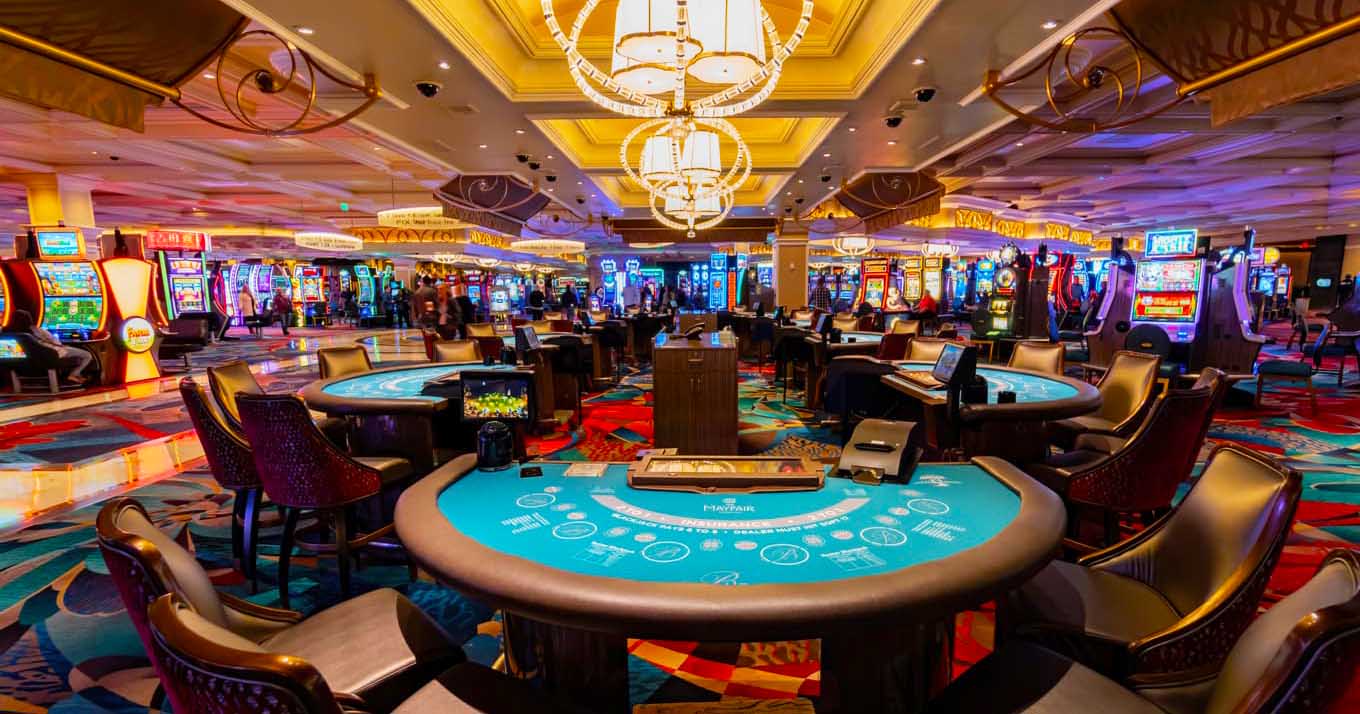
Gambling games have long captured the fascination of people around the planet, becoming an integral part of both entertainment and tradition. From the glimmering lights of Las Vegas to the immersive experience of virtual casinos, these games evoke enthusiasm, risk, and sometimes even a sense of sentimentality. They are beyond simply pastimes; they have woven themselves into the texture of human experience, influencing various aspects from movies and songs to style and literature.
The appeal of casino games transcends the betting aspect, tapping into wider themes of serendipity, risk, and social interaction. As players gather around a card table or rotate the wheel of fortune, they engage in an ancient ritual that resonates with our collective desire for adventure and unpredictability. This fascination has led to the emergence of many references in cinema, songs, and video games, showcasing how deeply entrenched these pastimes are in pop culture. Whether it is the high-stakes tension of a legendary heist movie or the vibrant nightlife portrayed in music videos, casino games have established a substantial niche that reflects our relationship with reward.
Social Importance of Casino Games
Gambling activities have played a pivotal role in cultural contexts throughout the ages. Stemming from ancient societies, forms of chance were often connected to ceremonies or gatherings. For example, early iterations of gambling can be traced back to ancient Chinese and the Romans, where die games and wagering on outcomes were popular pastimes. These activities not only served as leisure but also as methods of social interaction, facilitating connections among people within communities.
As societies evolved, so did the complexity and organization of casino games. The creation of formal casinos in the 17th century, particularly in Italy, marked a major shift in how games were perceived and organized. With designated spaces for gaming, the casino became a community center where people from various backgrounds convened. This evolution contributed to the validation of the industry, transforming it from a mere pastime into an established industry that influenced economy and policy.
The impact of casino activities on popular culture cannot be overlooked. As they were brought into the limelight in literature and movies, games such as poker and blackjack became symbols of risk, chance, and strategy. Famous figures and stories have developed around these activities, illustrating societal attitudes towards fortune, wealth, and immorality. This fascination with gambling games has infiltrated various forms of entertainment, cementing their status in the public imagination and connecting them to wider cultural narratives throughout history.
Depiction of Casino Games in Media
Casino activities have long been a popular topic in various forms of media, reflecting both the excitement and nuances of gambling culture. Movies such as Ocean’s 11 and Casino Royal portray characters who navigate intense situations, showcasing not only the attractiveness of the gambling environment but also the strategies and decisions that come with playing popular games like Texas Hold’em and 21. These films often dramatize the exhilaration of winning and the potential repercussions of losing, encapsulating the dangers involved in gambling.
TV programs have also explored the realm of casino games, often integrating them into the narrative as a setting for character arcs and conflict. Series like Vegas depict the lives of casino workers and casino-goers, highlighting the vibrant, often tumultuous energy of the gaming floor. Reality shows featuring intense betting contests further emphasize the fascination of gambling activities, drawing viewers into the drama and tactics involved in each game. Through these portrayals, media not only entertains but also sparks conversations about fortune, skill, and the essence of randomness.
Gaming have increasingly included gambling activities into their design, allowing players to experience the feeling of gambling without financial exposure. Games within the landscape of digital gaming often include online slot machines, online poker, and other popular casino games, creating an engaging environment that mirrors traditional gambling. These digital representations make casino games accessible to a global audience, appealing to both risk-takers and those who enjoy the excitement of simulation. As a consequence, the portrayal of gambling activities in media continues to shape cultural attitudes and cultural significance, highlighting their role in society and the cultural landscape.
Effect of Casino Games on Society
Gambling activities have a significant effect on communities, influencing various facets of culture and interpersonal behavior. They often serve as a platform for community engagement, where people come together to enjoy a common experience. Game nights with friends or visits to casinos become group events that build connections and create shared moments. This communal aspect boosts the entertainment value of gambling activities, making them a popular choice for celebrations and leisure activities. MM88
Additionally, gambling activities have been depicted in countless movies, TV series, and written works, influencing perceptions and opinions towards gaming and gaming. Icons like James Bond competing in baccarat or the high-stakes poker scenes in films have embedded these games in the shared imagination. This representation often idealizes the culture associated with casino activities, attracting new players and influencing trends in both fashion and conduct. These portrayals can ignite curiosity and lead to a more profound exploration of the intricacies of gaming.
Nonetheless, there are also adverse implications linked to the widespread appeal of casino games. The temptation of quick monetary gain can lead to gambling addiction and financial troubles for some individuals. The community must grapple with these issues, promoting responsible gaming and awareness of the dangers involved. Finding a balance between the fun aspect of gambling activities with the risks is vital to ensure that they continue to be a positive aspect of our cultural landscape.